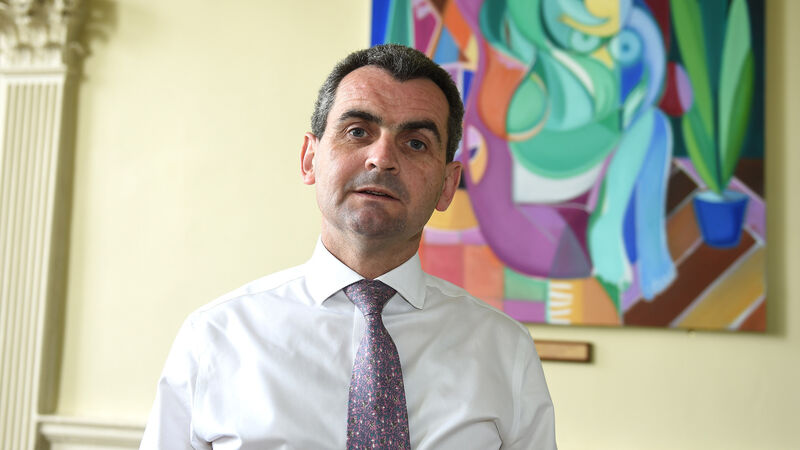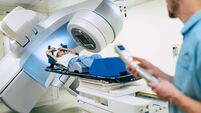Top oncologist warns patient outcomes will 'probably' be affected by cyberattack

Professor Seamus O'Reilly: Cyberattack caused delays in screening and hospital care. Picture: Larry Cummins
Delays continue for cancer patients following the cyberattack, a top oncologist has warned, saying patient outcomes will "probably" be affected.
This follows a cancer patient in Mayo revealing doctors were unable to access scans she brought home from Australia following a terminal diagnosis. The Irish Cancer Society (ICS) has warned that Meabh Feerick's situation is not unique.













